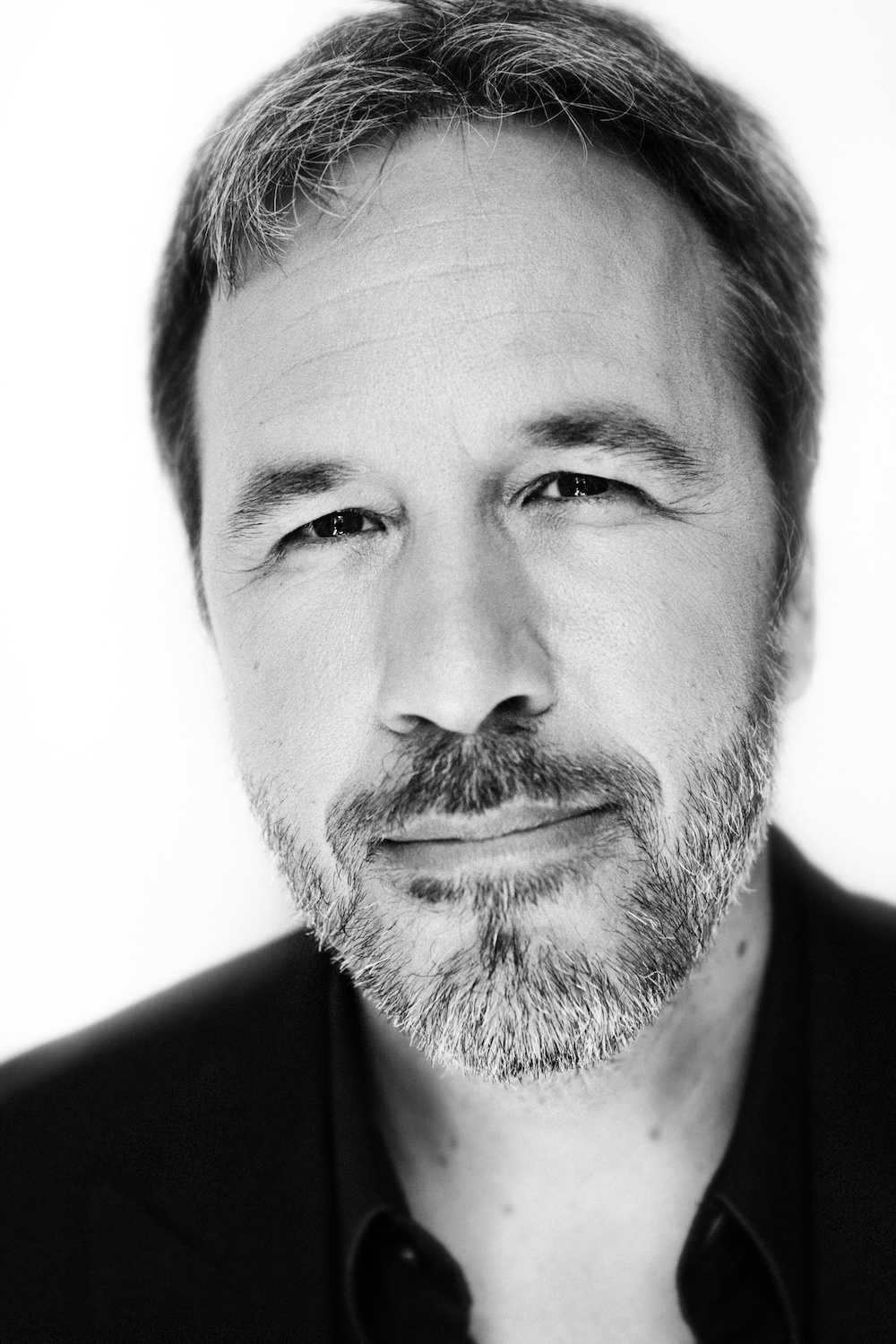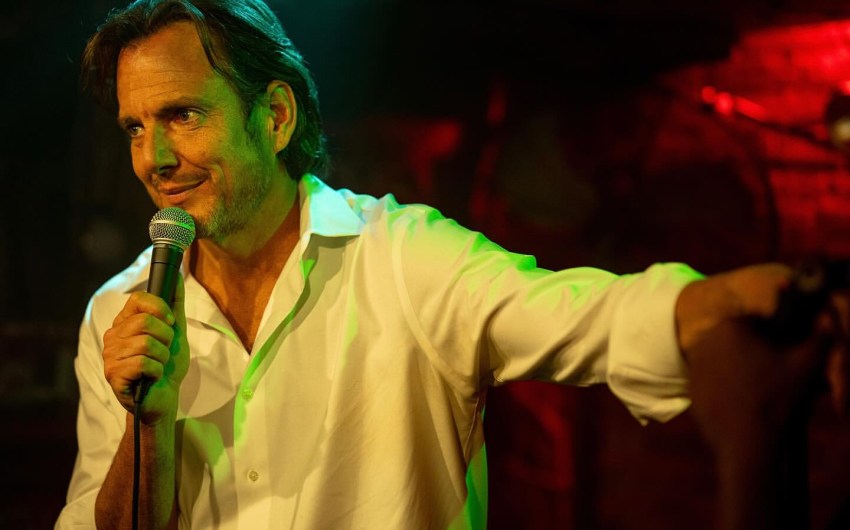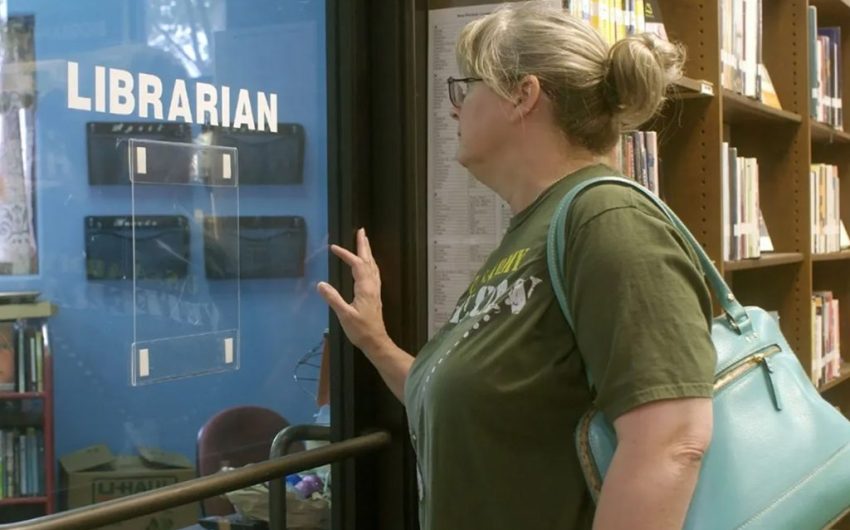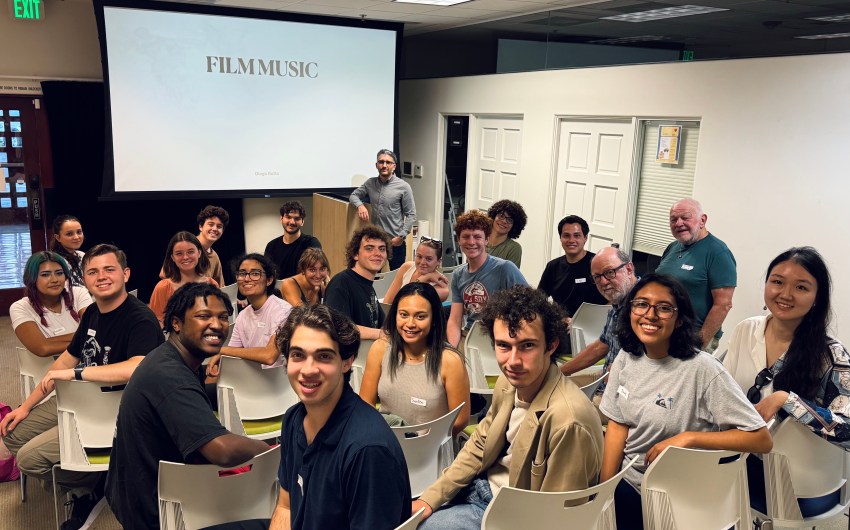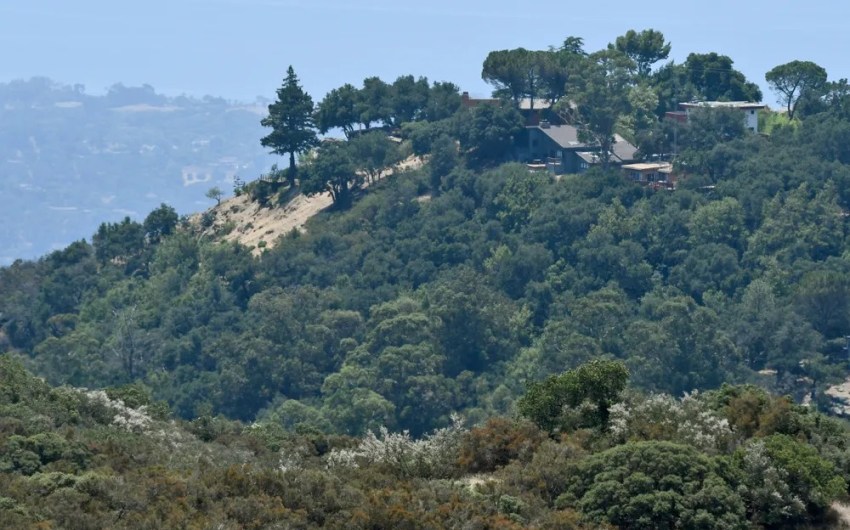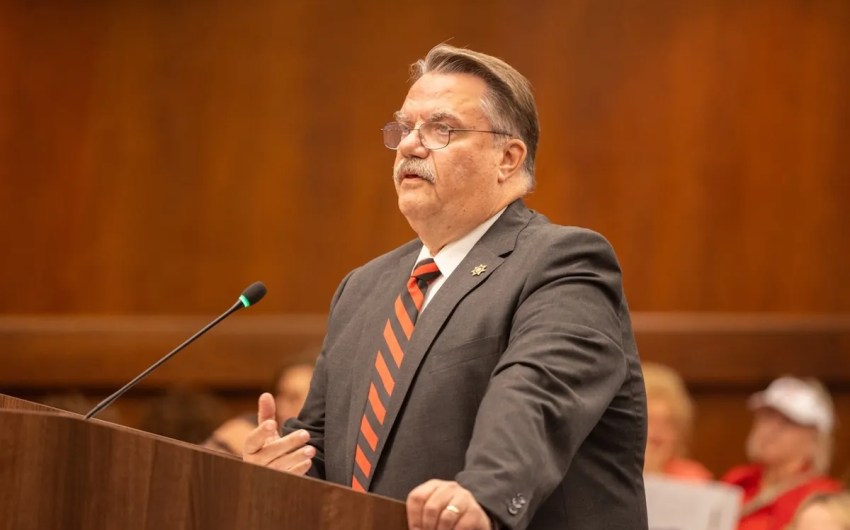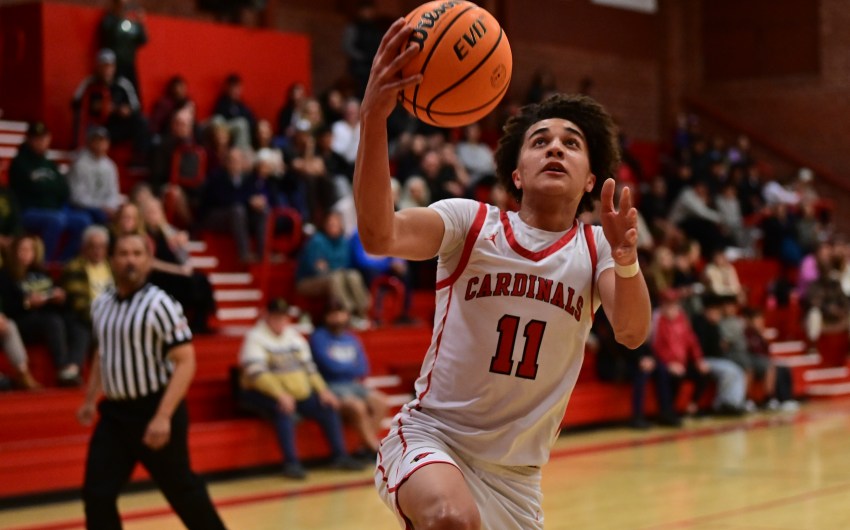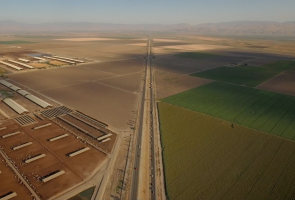Yes, he is the man of the Dunes, but there’s much more to the story. In recent years, Quebecois-in-Hollywood director Denis Villeneuve has made a bold, accoladed and commercially super-powered name for himself as the director of (so-far) two volumes of Dune, the successful adaptation of Frank Herbert’s sci-fi classic, now leaning into its third outing in the franchise.
But Villeneuve’s life in film runs deeper than Dune, having previously established himself as a distinctive cinematic figure on the international scene before venturing southward to make such notable films as the gritty drug-war movie Sicario; the kinder, gentler sci-fi tale Arrival; and Blade Runner 2049 (featuring Carpinterian Ryan Gosling).
We’ll get an overview of Villeneuve’s life and work at Santa Barbara International Film Festival’s (SBIFF) Riviera Theatre, in the series dubbed Denis’ Wondrous World. That world, running from October 18-24, will include his early sensation Incendies, as well as Prisoners, Sicario, Arrival, Blade Runner 2049, and the Dune twins. The director will be on hand for a Q&A on Sunday, October 20, at the afternoon screening of Dune: Part Two at 2:15 p.m.
We recently checked in with Villeneuve for an update on life in an increasingly public spotlight.
You have connected with the Santa Barbara International Film Festival in the past, in various capacities. Do you have a particular fondness for this festival and what it represents?
Every time I come to Santa Barbara, I get the same strange feeling that I died in a car accident on the PCH and finally find myself in cinephile heaven. It’s so beautiful here, and the people are so nice. Please note that the allegory does not imply that Los Angeles is purgatory.
Among my favorite memories of SBIFF is my daughter’s screening of her first short film in 2023. It was extremely moving for me.
When you are the subject of these kinds of tributes or series, does it give you a kind of personal overview in terms of where your filmography has taken you?
I don’t have a good relationship with the past. It’s unbearable for me to be in contact with what’s behind me. It’s one of my weaknesses, because the past is our only guide if we want to evolve. Roots are what make us strong. Yet I still have a difficult relationship with my own past work.
It’s one of the reasons why I’m terrified of tributes and terrible with interviews.
Incendies was the film that escalated your profile to a more international status, and paved the way to Hollywood projects, such as the powerful Sicario. Was it always your hope to pivot from Quebecois films to the American movie world?
I have admired many Hollywood directors since I was young, but when I became a filmmaker, I didn’t consider the idea of making films in Hollywood. At the time, I was afraid of being crushed by the Hollywood system.
My favorite of your movies was Arrival, a unique and hopeful spin on sci-fi traditions and ideas about, well, life in the universe. The film also led you into the sci-fi phase of your work. Does that film have a special significance for you?
Arrival opened the windows of a room — my soul — that was seriously starting to lack oxygen. It was a lifeline in my creative life. I had been dealing with dark subjects for over 10 years and was in dire need of light.
I’ve been soaking up more Dune content recently, and I’m guessing you have more or less been obsessed with and living in that world in recent years, now that you’re moving toward making the third film. Did you ever imagine that would be the case when you first signed onto the Dune cosmos?
When Josh Grode (Legendary’s CEO) saw Part One, he said to me, “Buckle up, this is going to be a 10-year ride!” Frankly, I feel at home on Arrakis. Making Dune was one of the greatest privileges of my artistic life. But I won’t stay on Arrakis forever. Haha!
I should know this: What was your impression of David Lynch’s 1984 Dune? I know it was not well-received, and Lynch distances himself from it — but word has it that Dino De Laurentiis let him do Blue Velvet as a consolation prize. Was the Lynch version any kind of a model of what to avoid or emulate in your treatment of the classic book?
David Lynch is one of the great masters of our time. I am sad that he had such a bad experience with Dune. Again, filmmaking is all about relationships and trust, and it seems that no one was there to protect his vision.
Obviously, you have struck a happy chord with not only those attuned to Dune — praising your allegiance to the original material and where you’ve taken it — but a more general audience which might not necessarily be into sci-fi. Is that broad appreciation of the film, especially the latest, especially satisfying for you?
It’s not about satisfaction; it’s about relief. Box-office success and critical acclaim mean only one thing: You’ll survive for now and be able to make another film. As a famous British filmmaker once told me: never consider yourself invincible. You always have to be on your toes.
Making films is very difficult and, like any filmmaker, I’m constantly flirting with disaster.
Denis’ Wondrous World runs October 18-24 at the Riviera Theatre (2044 Alameda Padre Serra). For a complete schedule and additional information, see sbiffriviera.com/denis.
Premier Events
Sun, Jan 25
11:00 AM
Santa Barbara
CANCELED – 18th Annual Santa Barbara Community Seed Swap – CANCELED
Sat, Jan 24
7:30 PM
Santa Barbara
Billy F Gibbons and the BFG Band
Sat, Jan 24
7:30 PM
Santa Barbara
Sweet Home Santa Barbara-The Doublewide Kings
Sun, Jan 25
11:00 AM
Santa Barbara
CANCELED – 18th Annual Santa Barbara Community Seed Swap – CANCELED
Mon, Jan 26
6:30 PM
Santa Barbara
Lucinda Lane Returns to SOhO
Tue, Jan 27
7:00 PM
Santa Barbara
CWC Docs: Pistachio Wars
Wed, Jan 28
5:30 PM
Santa Barbara
The Astonishing Tale of Ludmilla and Thad Welch
Fri, Jan 30
6:00 PM
Santa Barbara
Friday Night Supper Club at Tyler x Lieu Dit
Fri, Jan 30
7:00 PM
Santa Barbara
Folk Orchestra of Santa Barbara Medieval Concert – El Presidio Chapel
Sat, Jan 31
7:00 PM
Santa Barbara
Folk Orchestra of Santa Barbara Medieval Concert – Trinity Episcopal Church
Sun, Feb 01
4:00 PM
Los Olivos
Folk Orchestra of Santa Barbara Medieval Concert – St Marks-In-The-Valley
Sun, Jan 25 11:00 AM
Santa Barbara
CANCELED – 18th Annual Santa Barbara Community Seed Swap – CANCELED
Sat, Jan 24 7:30 PM
Santa Barbara
Billy F Gibbons and the BFG Band
Sat, Jan 24 7:30 PM
Santa Barbara
Sweet Home Santa Barbara-The Doublewide Kings
Sun, Jan 25 11:00 AM
Santa Barbara
CANCELED – 18th Annual Santa Barbara Community Seed Swap – CANCELED
Mon, Jan 26 6:30 PM
Santa Barbara
Lucinda Lane Returns to SOhO
Tue, Jan 27 7:00 PM
Santa Barbara
CWC Docs: Pistachio Wars
Wed, Jan 28 5:30 PM
Santa Barbara
The Astonishing Tale of Ludmilla and Thad Welch
Fri, Jan 30 6:00 PM
Santa Barbara
Friday Night Supper Club at Tyler x Lieu Dit
Fri, Jan 30 7:00 PM
Santa Barbara
Folk Orchestra of Santa Barbara Medieval Concert – El Presidio Chapel
Sat, Jan 31 7:00 PM
Santa Barbara
Folk Orchestra of Santa Barbara Medieval Concert – Trinity Episcopal Church
Sun, Feb 01 4:00 PM
Los Olivos

